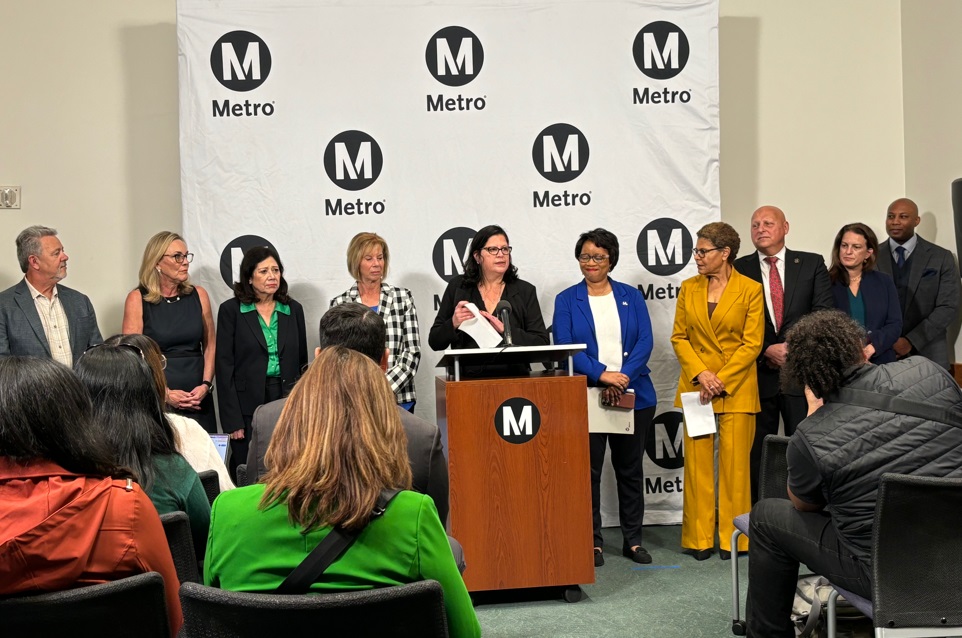The underlying cause of rising violent crime on LA Metro lies in social issues: increasing numbers of drug and alcohol addicts, homeless individuals, and parolees.
Los Angeles cannot stand idle until the homeless and drug addiction problems are solved.
While the surge in violent incidents on buses and subways is alarming, experts argue that the fundamental issue goes beyond the Metro system itself. They claim it’s rooted in drug and alcohol addiction, homelessness, and criminal behavior.
Recent data shows a 15.6% increase in violent crimes on LA Metro between March and April 2024. This spike includes aggravated assaults, beatings, and even homicides, causing anxiety for many Angelenos during their daily commutes. Despite increased law enforcement presence, the root causes of these crimes remain unaddressed.
Drug abuse, particularly involving drugs and alcohol, has been identified as a primary driver of the crime increase. Law enforcement reports a significant rise in drug-related incidents on Metro, with drug use cases jumping from 5 to 50 in just one year.
The presence of individuals struggling with addiction on public transportation poses a threat not only to themselves but also to other passengers.
Homelessness exacerbates the situation, with many using the Metro system as temporary shelter, leading to conflicts and unsafe conditions. The lack of adequate housing and support services for the homeless population has made public transportation a last resort for many, adding strain to the system.
City authorities, including LA Mayor Karen Bass, have acknowledged the severity of the problem and called for a comprehensive approach to address these root causes.
“We must tackle the underlying issues of addiction and homelessness to ensure the safety of our public transportation system,” Mayor Bass stated in a recent press conference.
Efforts are being made to implement programs providing support and resources to those in need. Initiatives like the “Elevator Open Door” pilot program aim to reduce illegal activities in Metro stations by keeping elevator doors open when not in use.
However, these measures are not seen as proactive in preventing illegal behavior, leading to increased frustration among passengers.
The fundamental Metro policy of the Karen Bass administration allows everyone to use Metro while tracking problematic individuals, rather than actively preventing issues.
Consequently, passengers inevitably find themselves sharing confined spaces with potential homeless individuals, addicts, or criminals.
City government policies directly impact Metro, preventing it from implementing safety measures or services exclusively for paying passengers.
While these measures are steps in the right direction, experts emphasize the need for sustained and coordinated efforts to address the root causes of crime on LA Metro.
However, during this period, violent crimes on Metro are likely to continue increasing. The reality for LA Metro users is that they can only safely use the system once the city’s homeless and drug addiction problems are resolved.






